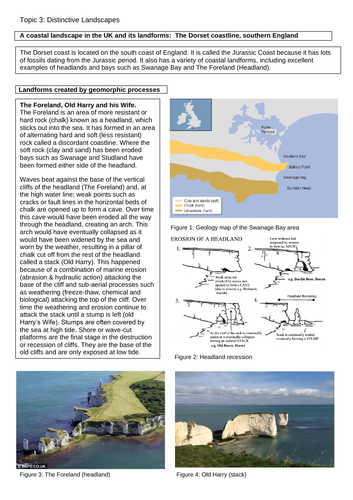Geog on!
I am currently the curriculum team leader for geography at The Corsham School in Wiltshire and have been teaching for almost 20 years. I am hoping to provide a variety of well-planned and engaging lessons and resources across all key stages. The majority of my GCSE resources are based upon the current OCR B syllabus (Geography for Enquiring Minds) and the A-level resources closely follow the current AQA A-level specification.



















